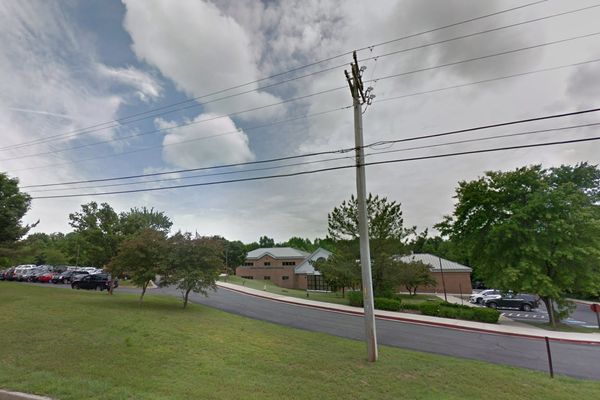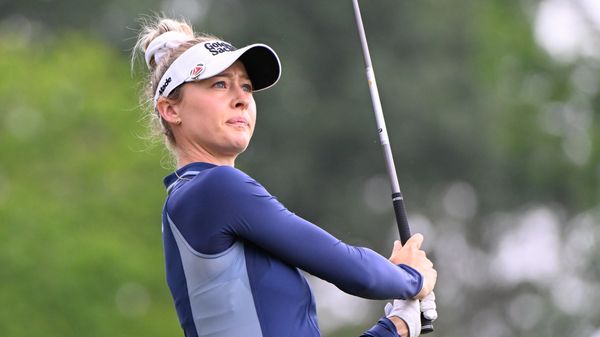
The French company Ecofilae is leading a project called Rur'eaux near the southern city of Montpellier, using treated wastewater for irrigation.
"For a long time I saw it as an extreme solution. But I was missing something," says Jean-Claude Armand, mayor of the village of Saint-Jean-de-Cornies referring to the project of reusing treated wastewater in rural areas.
Between peaks of drought, violent storms and a booming population, water is a constant preoccupation in the region near Montpellier.
Armand, who was the director of the regional water agency for 15 years, had never thought about recycling.
"It seemed a bit extreme to me, to be reserved for difficult situations... When you are an engineer, it can be hard to change your mindset," he admits.
He got convinced of the benefits, however, after a meeting with officials from Ecofilae, a company specialising in implementing wastewater recycling projects.
📣 Today we present you the fact sheet of the #RUR’EAUX platform.
— SUWANU EUROPE (@SUWANU_EUROPE) September 29, 2020
The RUR’EAUX platform is a test and demonstration pilot site for rural #waterreclamation and #waterreuse in agriculture.
Check out all the information ➡️ https://t.co/0iW3uhPxHI pic.twitter.com/6HSfspgRjl
I had a culture shock," Armand says. "It's absurd not to try to reuse water at least once."
"We fear that in 2030 we will not be able to get through the summer peak, for domestic needs as well as for irrigation. We cannot limit ourselves to coveting water from the Rhône", which is supplied by a 75 km canal.
Robust solutions required
In France, only a few dozen sites recycle wastewater. Only 0.5 percent of treated wastewater is reused in France, compared to 8 percent in neighbouring Spain.
For the past two years, Saint-Jean has been home to the Rur'eaux project, a platform that demonstrates the circular water economy in rural areas.
- France lifts caps on compensation for farmers ravaged by April frost
- Local flowers in demand as Covid transforms French flower industry
On the edge of the village, a treatment plant is performing its first filtration. A small installation of pumps, filters and plants in containers has been added, along with a pilot plantation of tomatoes.
A group of engineers are testing different additional disinfection methods to examine their combined effect and costs. "We need robust solutions that do not require daily visits" says Rémi Declercq, head of R&D at Ecofilae.
The aim is to irrigate the neighbouring forage field and the 20 vegetable gardens of the shared garden, which requires maximum water quality.
This solution makes it possible to improve the general quality of water bodies, Declercq says.
(with AFP)







